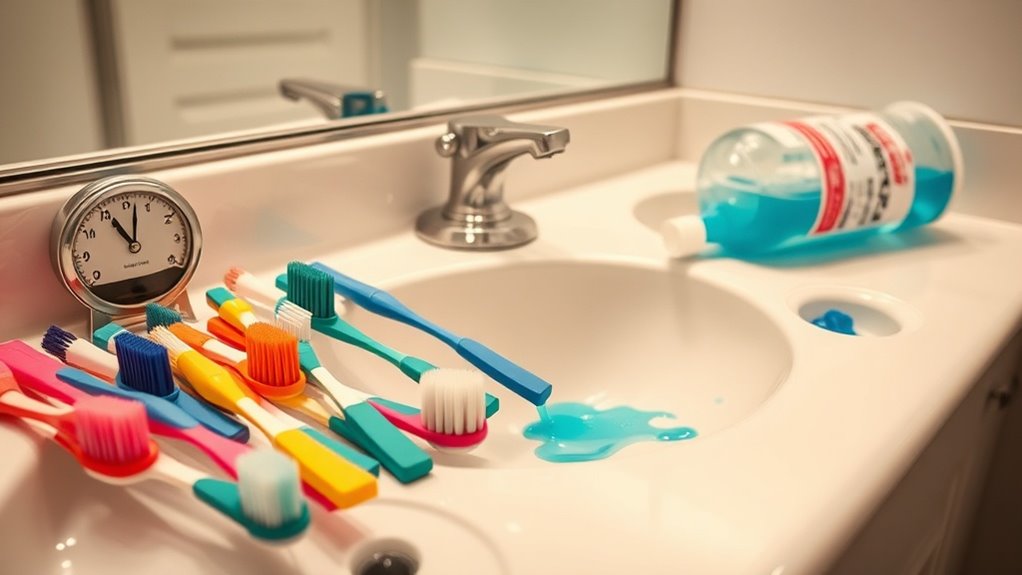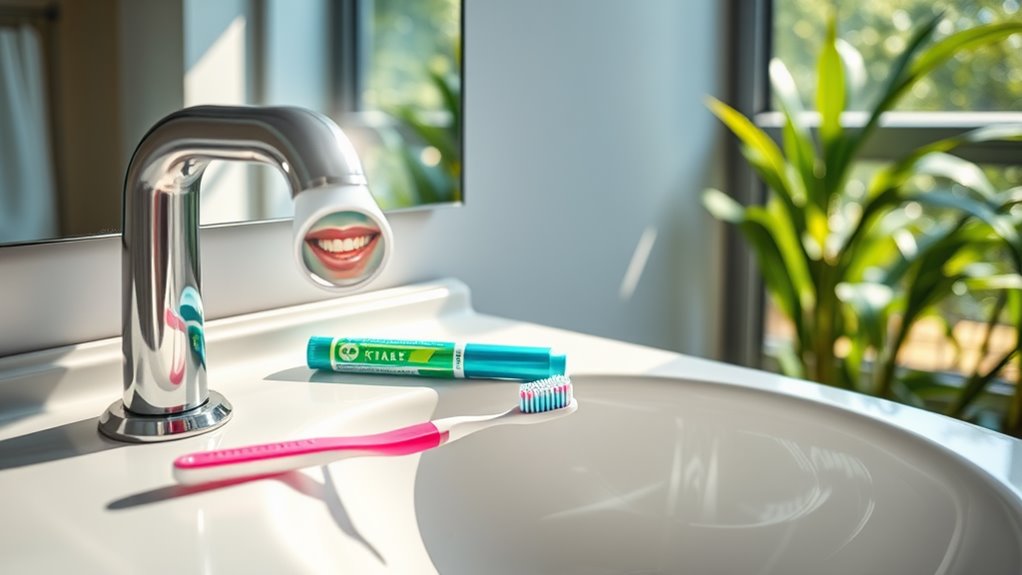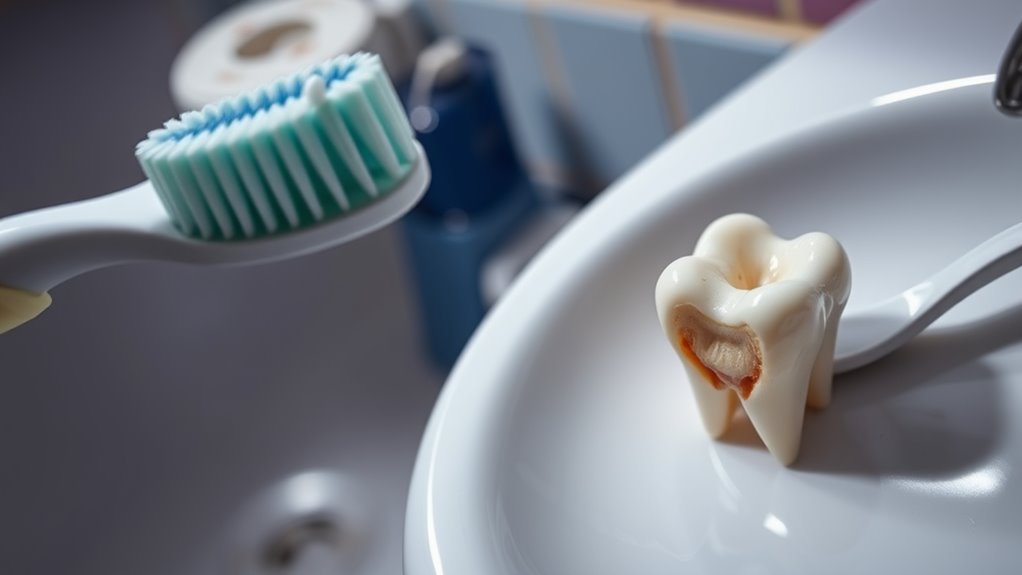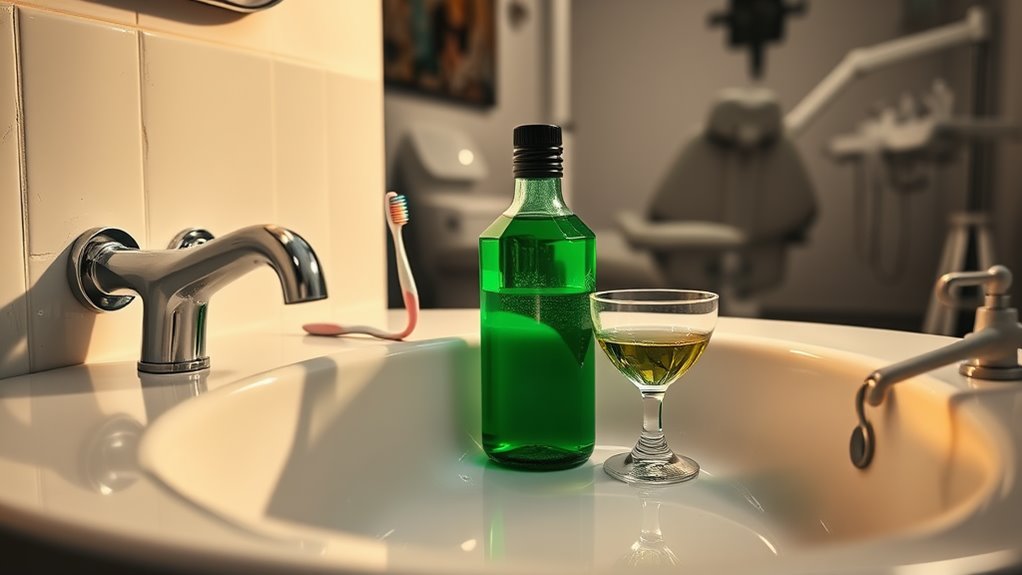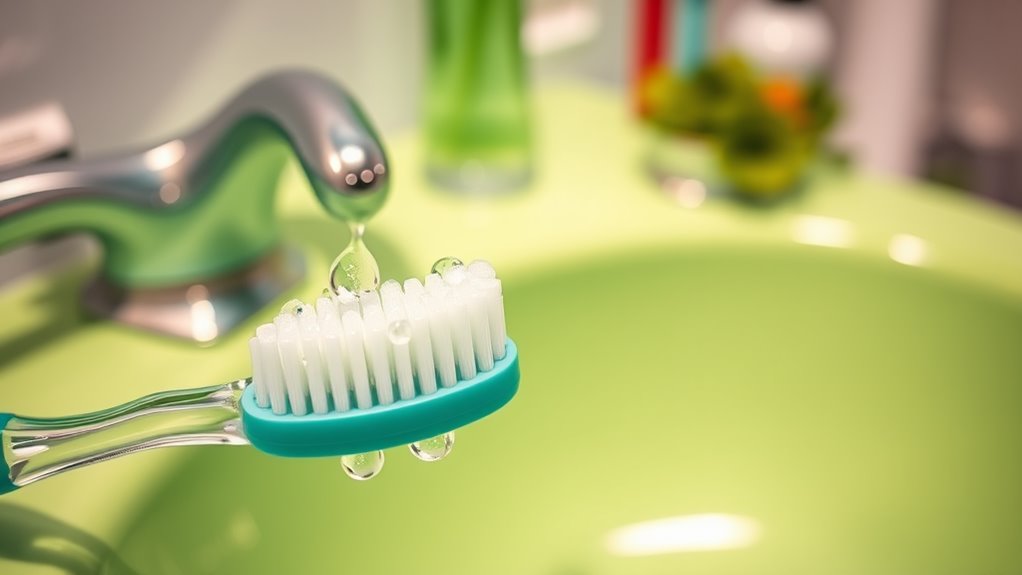10 Oral Hygiene Mistakes You’re Probably Making (and How to Fix Them!)
Did you know that about 70% of adults neglect crucial dental care practices that could lead to serious issues? Many people are unaware of the common mistakes they’re making in their oral hygiene routine. From skipping daily flossing to using an old toothbrush, these missteps can have lasting effects on your dental health. Let’s take a closer look at these pitfalls and how you can easily correct them to maintain a healthier smile.
Skipping Regular Dental Checkups
Although you might feel your teeth are doing just fine, skipping regular dental checkups can lead to serious problems down the line. These visits help detect issues early before they become costly or painful. Many people make the oral hygiene mistake of underestimating the importance of professional care. Regular checkups are key to maintaining optimal oral health and preventing problems that arise unnoticed. Additionally, early detection of problems can save costs on procedures later.
Using an Old or Worn-Out Toothbrush
You might not realize it, but using an old or worn-out toothbrush can seriously impact your dental health. Knowing when to replace the brush head is crucial for effective cleaning, and choosing the right toothbrush can enhance your oral hygiene routine. Let’s explore how these factors play a vital role in maintaining a bright and healthy smile. Regularly replacing your toothbrush helps prevent harmful bacteria buildup that can negatively affect your oral health.
Brush Head Replacement Timing
Replacing your toothbrush head at the right time is crucial for maintaining optimal oral hygiene. It’s recommended to change it every three to four months, or sooner if bristles fray. A worn-out brush can’t effectively remove plaque and bacteria, which can compromise your dental health. Make it a habit to check your brush regularly and switch it out as needed for best results.
Effects on Dental Health
Using an old or worn-out toothbrush can significantly impact your dental health. Bristles fray and lose their effectiveness, making it harder to remove plaque and bacteria. This can lead to cavities and gum disease, affecting your overall oral hygiene. To maintain a healthy smile, replace your toothbrush every three to four months and after any illness. Prioritize your dental care with a fresh brush!
Choosing the Right Toothbrush
How can you ensure you’re selecting the right toothbrush for optimal oral health? First, don’t ignore the condition of your brush. Using an old or worn-out toothbrush can lead to less effective cleaning and gum irritation. Replace your toothbrush every three months, or sooner if the bristles fray. A fresh brush improves plaque removal and keeps your smile bright and healthy.
Brushing Too Hard
While it may seem intuitive that scrubbing your teeth harder will yield a cleaner smile, many people underestimate the potential damage this approach can inflict. Brushing too hard can wear down enamel and irritate your gums, leading to sensitivity and other dental issues. Instead, use gentle, circular motions with a soft-bristled toothbrush to effectively clean your teeth without causing harm. Proper brushing techniques not only enhance cleaning but also safeguard your oral health.
Neglecting Your Tongue
You might not realize it, but neglecting your tongue can lead to bacteria buildup that affects your overall oral health. Proper cleaning techniques, like using a tongue scraper or gently brushing your tongue, can make a significant difference. Regular tongue cleaning helps eliminate harmful microorganisms that contribute to bad breath and oral infections. Let’s explore how caring for your tongue can enhance your hygiene routine and freshen your breath.
Bacteria Buildup Risks
Neglecting to clean your tongue can significantly increase the risk of bacteria buildup in your mouth. This buildup can lead to bad breath, tooth decay, and even gum disease. The surface of your tongue is a breeding ground for harmful bacteria, which can negatively impact your overall oral health. Keeping your tongue clean is essential for maintaining a fresh and healthy mouth.
Proper Tongue Cleaning Techniques
Cleaning your tongue is a fundamental part of a complete oral hygiene routine that often gets overlooked. Use a tongue scraper or your toothbrush to gently brush from back to front, removing bacteria and debris. Rinse thoroughly afterward. Aim to clean your tongue daily, as this not only freshens your breath but also improves overall oral health. Don’t skip this essential step!
Not Flossing Daily
Although brushing your teeth is essential for maintaining oral health, overlooking the importance of daily flossing can lead to significant dental problems. Flossing removes plaque and food particles from between your teeth, areas your toothbrush can’t reach. Make it a habit to floss daily—set a reminder if you need to. This simple step ensures healthier gums and helps prevent cavities, keeping your smile bright. Skipping flossing allows plaque buildup to accumulate between teeth, increasing the risk of gum disease and cavities.
Rinsing With Water Immediately After Brushing
Many people don’t realize that rinsing with water immediately after brushing can actually dilute the fluoride in your toothpaste. This limits the effectiveness of your oral care routine. Instead, try spitting out the excess toothpaste without rinsing. Allow the fluoride to remain on your teeth for longer, enhancing its protective benefits. Small changes like this can make a big difference in your oral health! Retaining fluoride on your teeth helps improve enamel strength.
Using the Wrong Toothpaste
Choosing the right toothpaste can significantly impact your oral health. If you’re using a formula that doesn’t meet your needs—like one without fluoride for decay protection or one loaded with abrasive ingredients—you might be doing more harm than good. Always opt for a toothpaste that addresses your specific concerns, whether it’s sensitivity, whitening, or gum health. Your smile deserves the best!
Ignoring a Balanced Diet for Oral Health
You might not realize how much your diet affects your oral health. Consuming sugary snacks can lead to cavities, while nutrient-rich foods can strengthen your teeth and gums. Making smarter food choices is just as crucial as your brushing routine for maintaining a healthy smile.
Impact of Sugary Snacks
How often do you reach for a sugary snack without realizing its impact on your oral health? Each time you indulge, you’re feeding harmful bacteria that produce acids, leading to tooth decay and gum issues. This neglect can overshadow your oral hygiene efforts. Instead, consider healthier alternatives or limit sugary snacks to protect your teeth and maintain a bright smile for longer.
Importance of Nutrient-Rich Foods
While many people focus on brushing and flossing, neglecting a balanced diet can have a profound impact on oral health. Nutrient-rich foods like fruits, vegetables, lean proteins, and whole grains strengthen teeth and gums, support saliva production, and combat harmful bacteria. By prioritizing these foods, you can enhance your overall oral hygiene and reduce the risk of cavities and gum disease.
Smoking or Using Tobacco Products
Although many are aware of the harmful effects of smoking or using tobacco products, they may not fully grasp the extent of damage these habits can inflict on oral hygiene. Smoking leads to gum disease, bad breath, and stained teeth, which can compromise your smile and self-confidence. Quitting or reducing tobacco use is essential for healthier gums and a brighter smile.
Overlooking the Need for Mouthguards During Sports
Are you aware that one of the simplest ways to protect your smile during sports is by using a mouthguard? Whether you’re playing soccer, basketball, or any contact sport, a mouthguard can significantly reduce the risk of injuries to your teeth and jaw. Don’t overlook this crucial piece of equipment; it could save you from costly dental repairs down the line.
